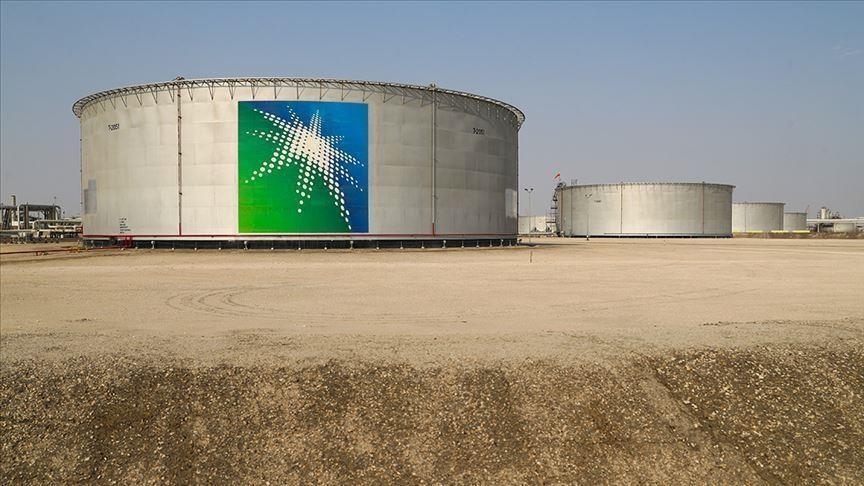Saudi Aramco, a Saudi Arabian public petroleum and natural gas company based in Dhahran, is currently being investigated by the United Nations for possible human rights violations tied to fossil-fuel induced climate change.
According to reports, the probe follows a 2021 request to the UN Special Procedures human rights system by the environmental advocacy group ClientEarth to investigate Aramco.
According to a letter dated June 26 and published this Friday, the company has been informed by the UN’s human rights and transnational corporates working group that it is looking into allegations that Aramco’s operations “appear to be contrary to the goals, obligations and commitments under the Paris Agreement on climate change,” and are “adversely impacting the promotion and protection of human rights in the context of climate change,”.
The Saudi oil company is being targeted because it’s the world’s biggest fossil-fuel producer and “the largest single corporate emitter of greenhouse gas leading to climate change,” according to Fran Warburton, a spokeswoman for ClientEarth.
Read also: IMF says fossil fuels being subsidised at rate of $13m a minute
“We expect that the UN Special Procedures human rights system will be increasingly used to bring international legal attention to corporate responsibility for climate change and nature in the coming years,” Warburton said. “At ClientEarth, we will continue to consider all legal avenues.”
The UN said that the letter was sent “without prejudging the accuracy of these allegations.” However, it also underlined what it called its “serious concern” regarding the detrimental impacts on human rights “caused by activities such as the exploitation of fossil fuels which contribute to climate change” and which it described as an “existential threat.”
This is not the first time that the UN is calling for countries and companies to accelerate the move toward net zero under verified frameworks that exclude building new fossil fuel supplies. In a November statement that also targeted the financial industry, Secretary-General António Guterres said that commitments mustn’t be used as a “toxic cover-up.”
Story was adapted from Business Standard.
